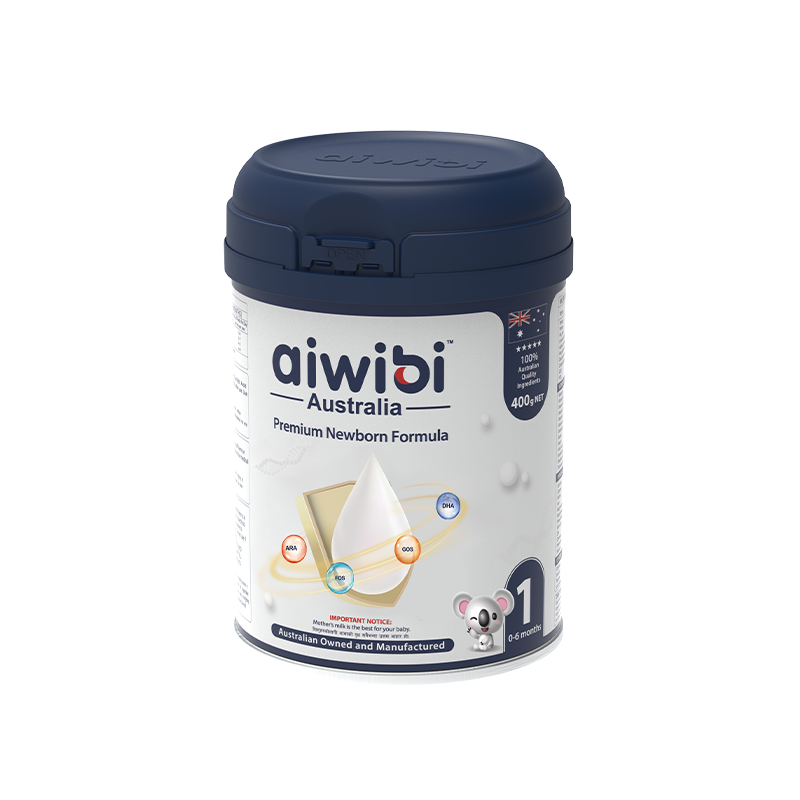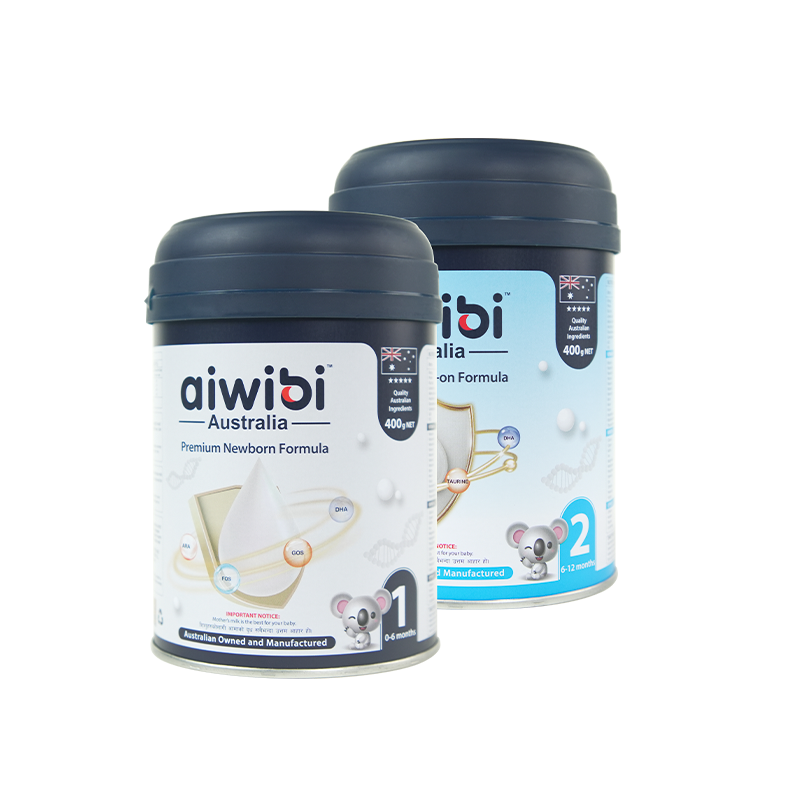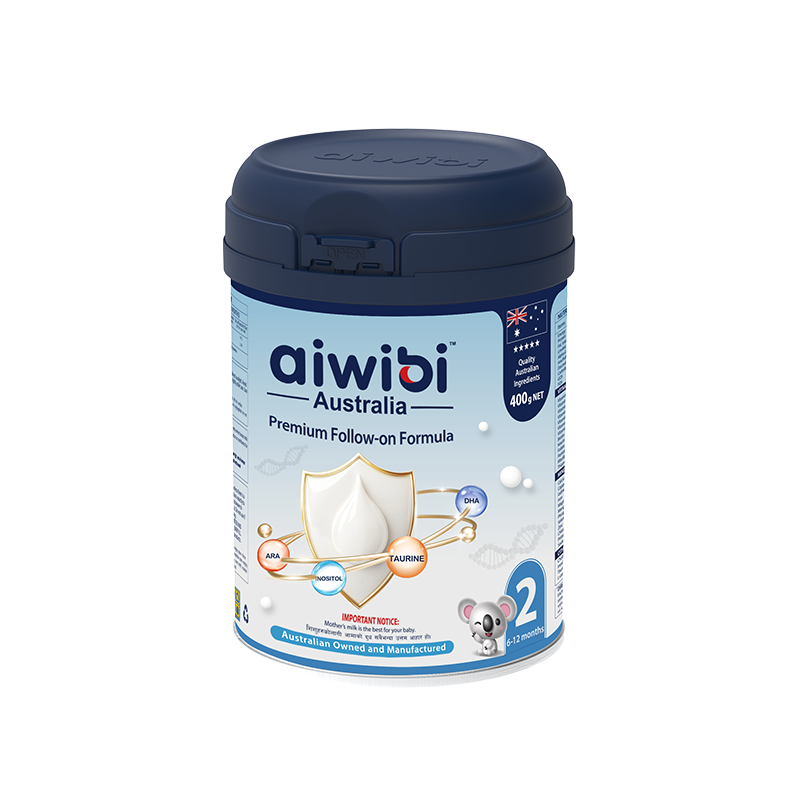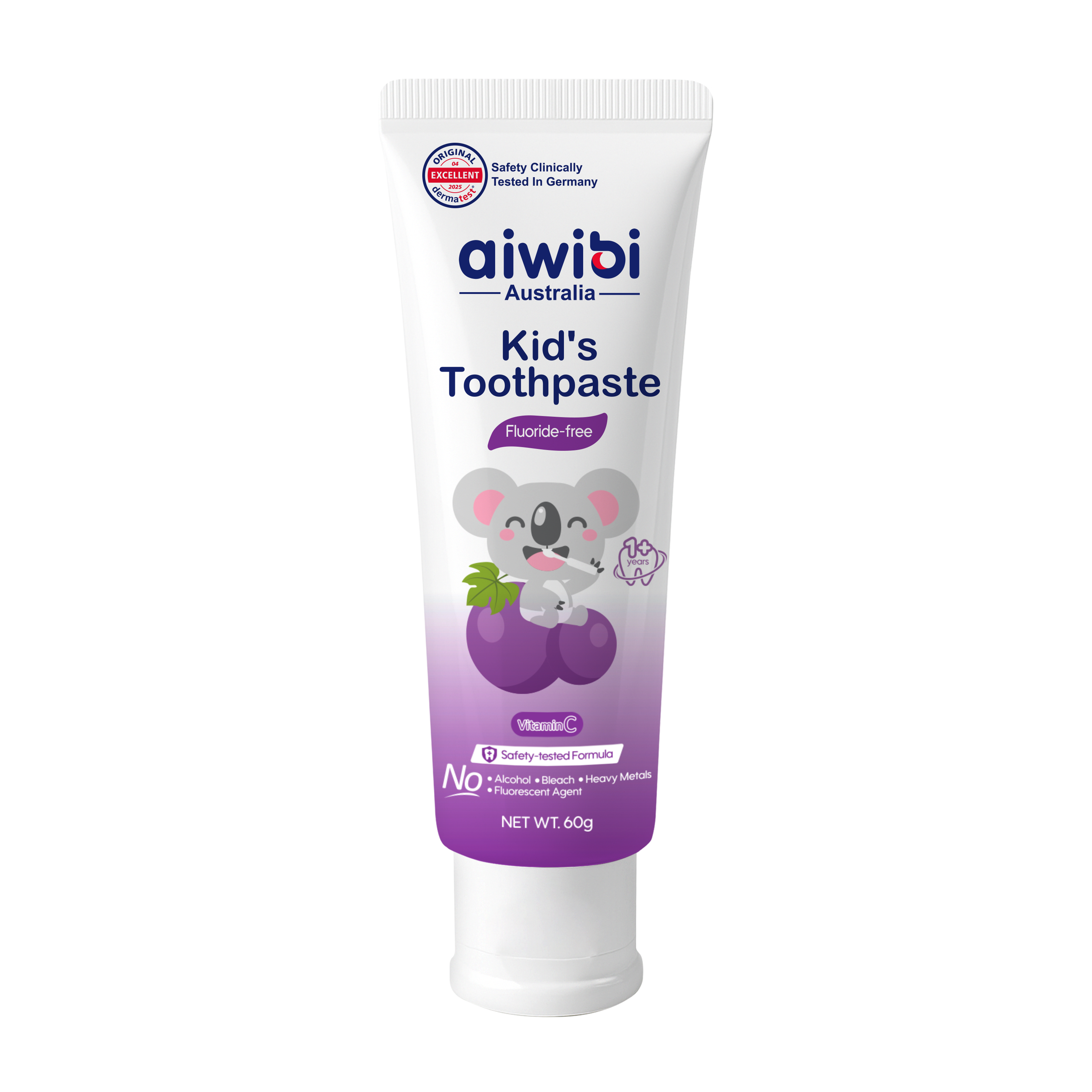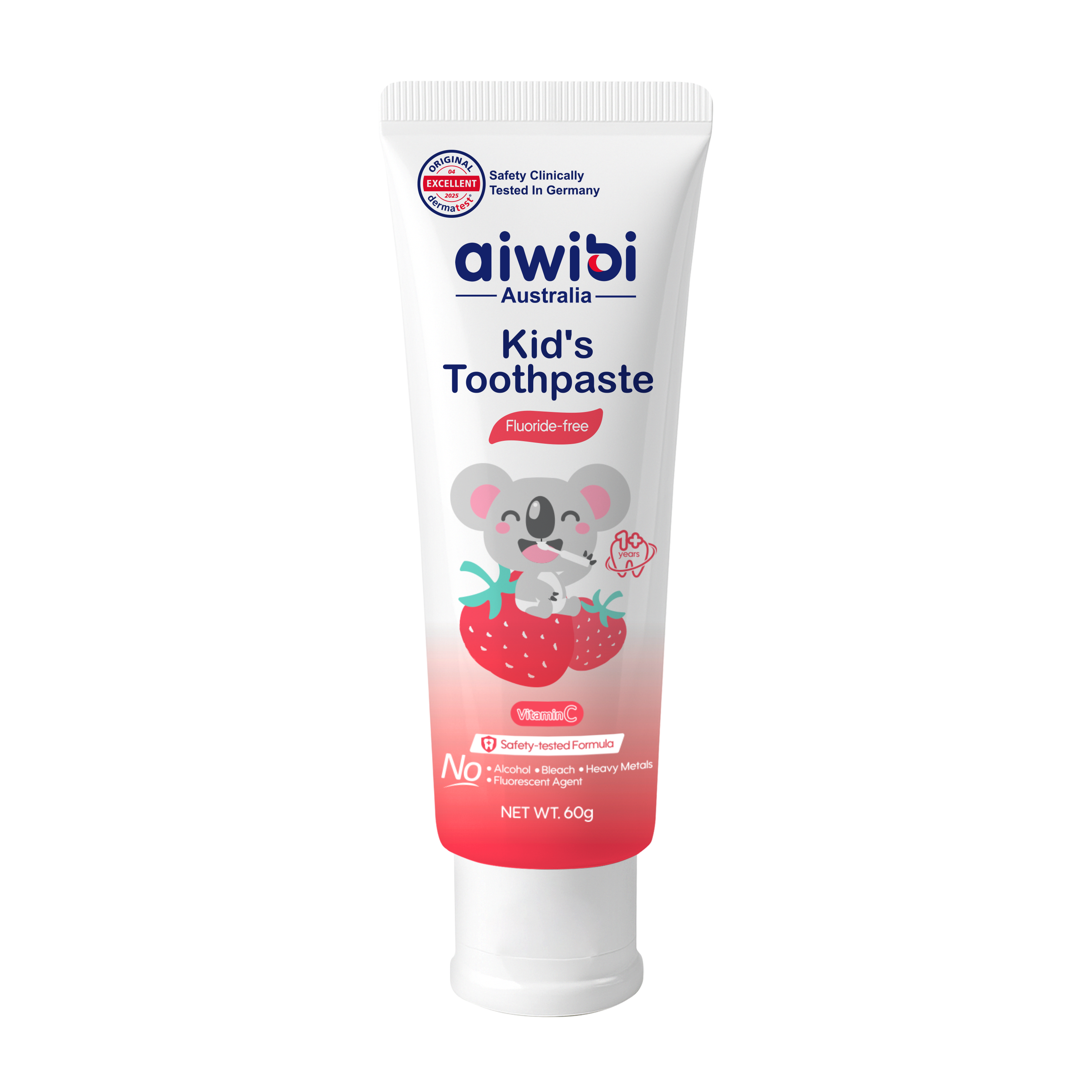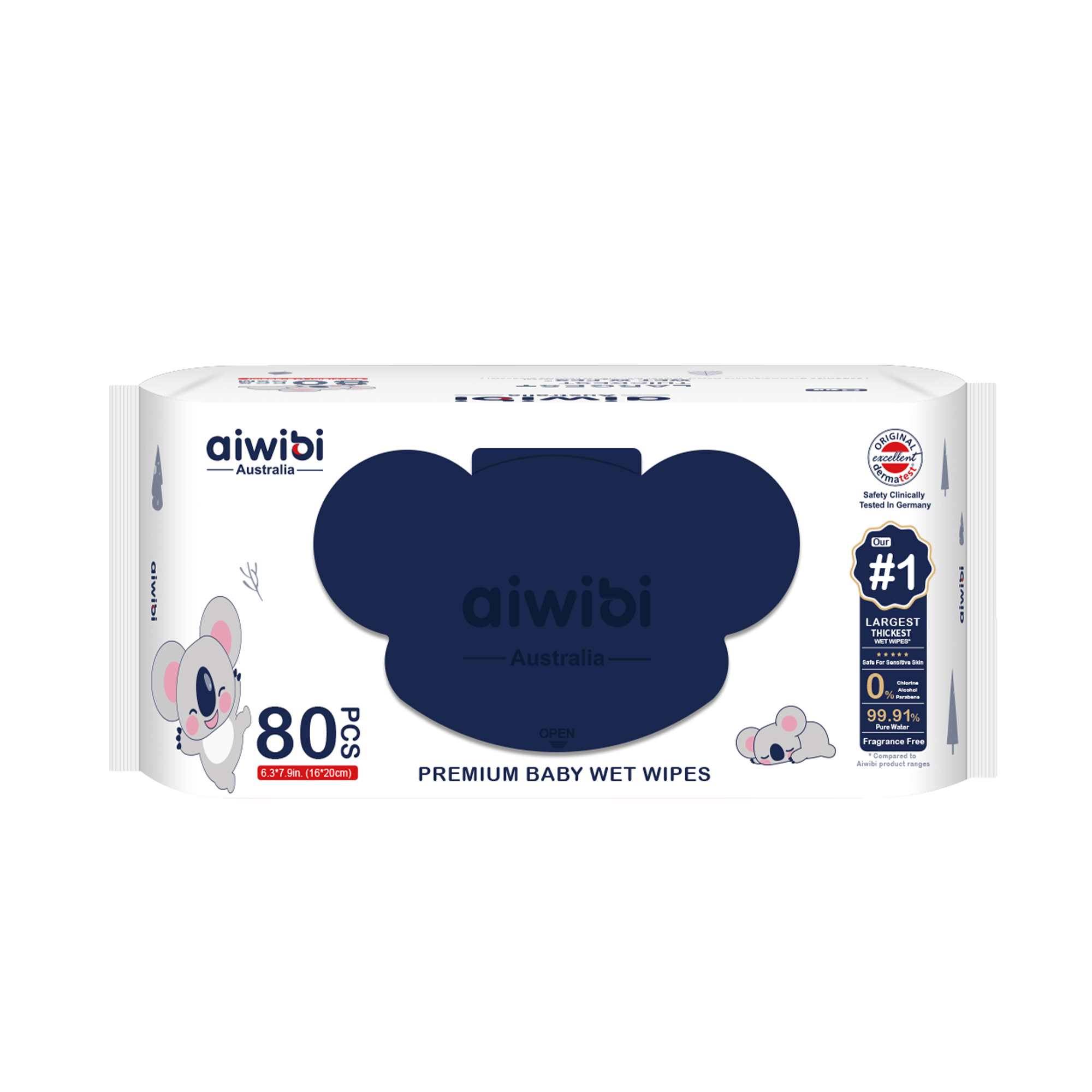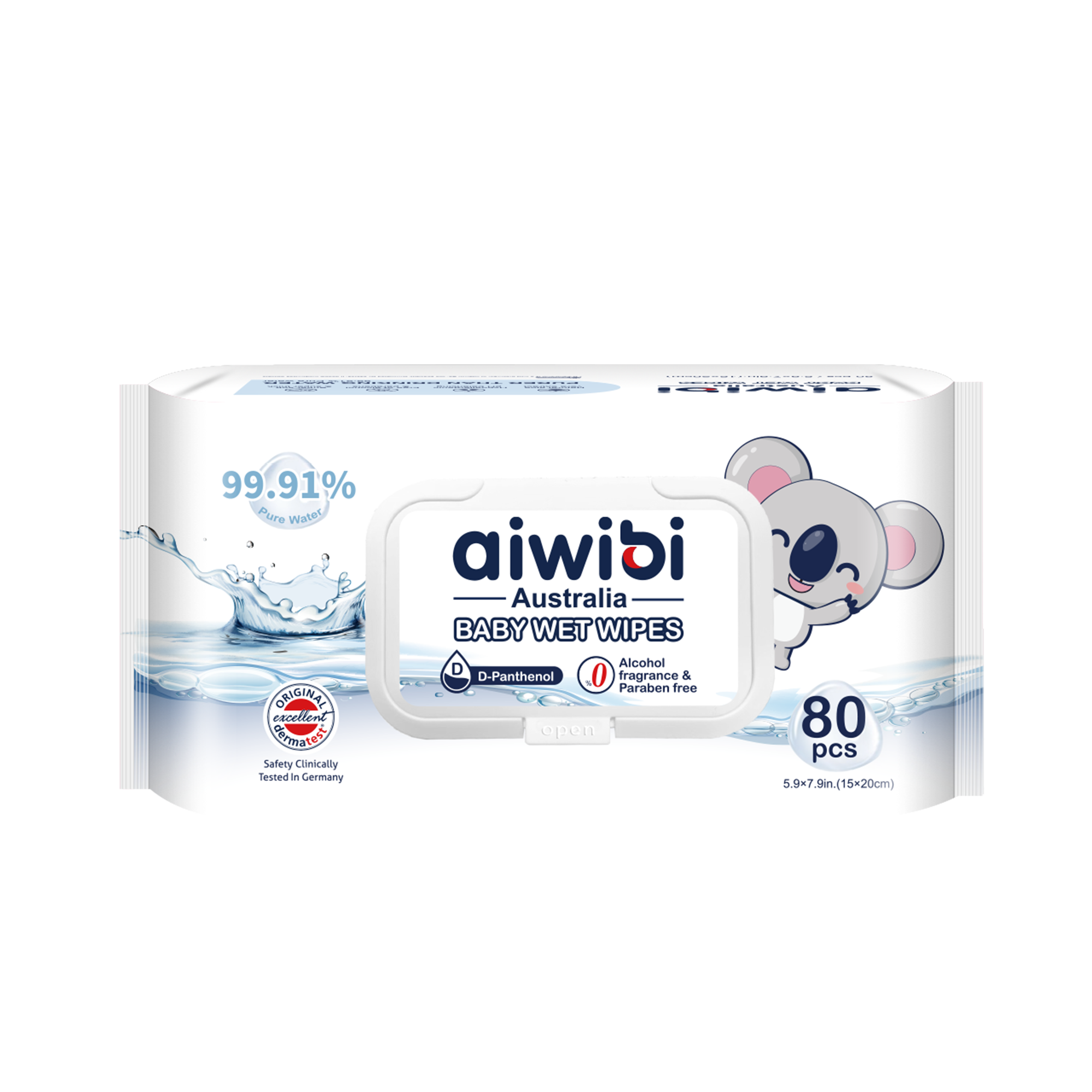The baby is drinking powdered milk. Diarrhea does not preclude the cause of milk powder, but it is also not always the cause of milk powder; parents must determine the cause of the baby's diarrhea in order to treat the symptoms. Here we look at the causes of diarrhea in babies who drink milk powder.
1. The bottle is filthy
Because the baby's intestinal function and resistance are still developing, it is easy to cause diarrhea in the baby's intestinal tract infection if the bottle cleaning and disinfection work is not done. As a result, the baby's bottle must be cleaned and disinfected promptly after use.
2. The temperature of the brewing milk powder water is incorrect
Because different brands of milk powder require different brewing temperatures due to different manufacturing processes, parents must brew according to the temperature specified in the milk powder instructions. The water temperature is too high to denature the protein content in the milk powder, while it is too low to contain bacteria, affecting the baby's intestinal health.
3. The milk powder concentration is incorrect
Different brands of milk powder have different requirements, just like water temperature, and parents should follow the proportions indicated on the package to brew. If the milk is too thick or too thin, it will upset the baby's stomach and cause diarrhea. As a result, parents cannot simply do whatever they want with the formula.
4. Allergy to milk protein
Because the baby's immune system is still developing, a milk protein allergy may develop after the addition of formula milk.
5. Intolerance to lactose
If the baby's body lactase is insufficient, the lactose in the formula intake will not be fully decomposed in the small intestine, and this lactose will enter the large intestine via colonic flora fermentation, resulting in a lot of acid and gas, and the baby will experience symptoms such as abdominal distension and diarrhea.
If your baby is determined to be lactose intolerant or allergic to milk protein, it is necessary to switch to hydrolyzed milk powder or lactose-free milk powder, so parents should make a good identification and not change milk powder for their baby blindly.

